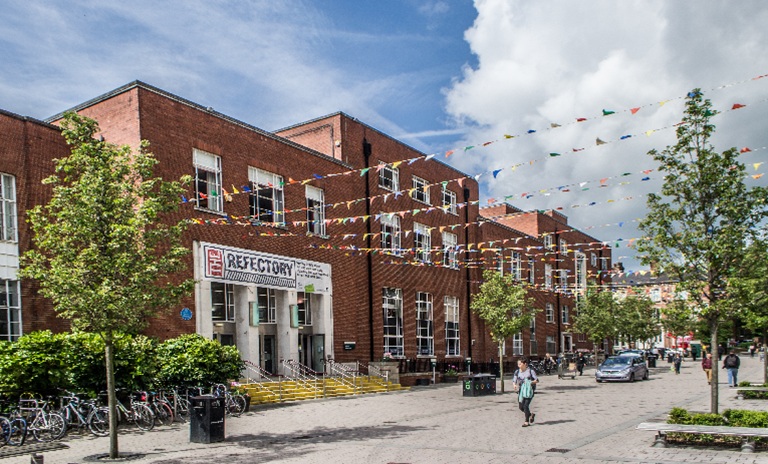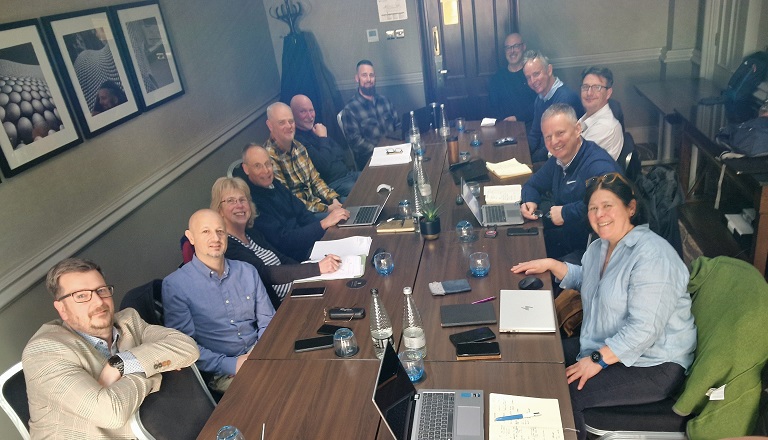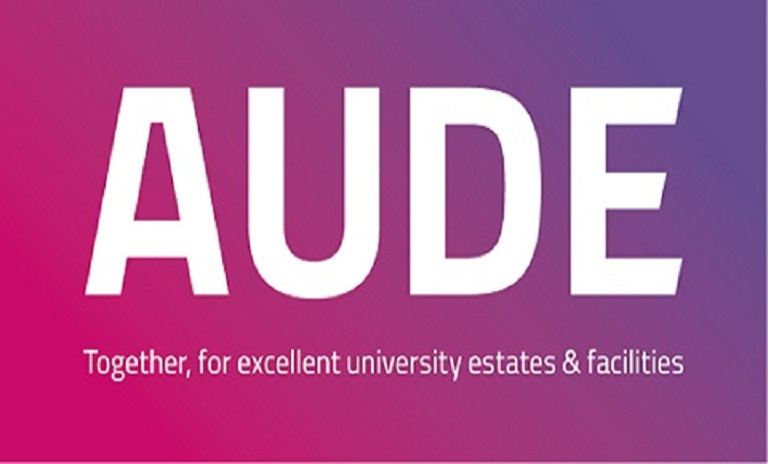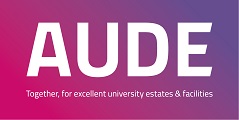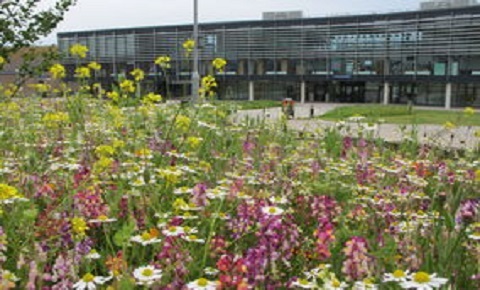
The Further and Higher Education sector is making a collective call to Vice Chancellors and Principals to put their money where their mouth is when it comes to sustainability and social responsibility.
Today marks the release of the third annual ‘Sustainability in Education’ report from the National Union of Students (NUS), Environmental Association for Universities and Colleges (EAUC), University and College Union (UCU), Association of Colleges (AoC) and the College Development Network (CDN).
The research is based on a sample of 500 staff members from universities, colleges and students’ unions in the UK, with 63 respondents identifying as lead staff members on environmental sustainability and social responsibility in a formal or informal basis.
|

